
Join seasoned CCD practitioners to cultivate your understanding of CCD philosophy and expand your community. Bring to the table those hard questions and issues you are wrestling with CCD in your context. Engage and meet new CCDA family to find solutions together. Go deeper with CCD’s 8 Key Components! This series is FREE for members!
Registration
Registration is currently closed until November 2025. Please click on the header of the class to view the class.
Schedule

January 8, 2025 – 1pm-2pm EST
Christian Community Development affirms the dignity of individuals and collaborates with neighbors to leverage community resources and assets to bring about sustainable change. Too often communities are developed by outsiders that bring in resources without taking into account the people who live in our communities. Christian Community Development practitioners are committed to listening to their neighbors and hearing their dreams, ideas and thoughts. By actively listening, we can identify community assets, opportunities, and needs and then cultivate, implement and benefit from a shared vision for our community. Join Terrance Foster to learn more about the principle of Listening to the Community.

January 15, 2025 – 1pm-2pm EST
Reconciliation is the essence of shalom—restoring relationships where nothing is missing and nothing is broken. Jesus said that the essence of Christianity could be summed up in two inseparable commandments: Love God, and love thy neighbor (Mt 22:37-39). Christian Community Development is committed to seeing people and communities experience God’s shalom. We believe that God wants to restore a right relationship between us, our families and our communities – spiritually, emotionally, physically, economically, and socially. In the words of the Prophet Jeremiah, “we work and pray for the well-being of our city [or neighborhood],” trusting that if the entire community does well and prospers, then we will prosper also. Join Sam Heath and Erica Washington to learn more about the principle of Reconciliation.

January 22, 2025 – 1pm-2pm EST
At the heart of Christian Community Development is the church, the body of Christ, fully engaged in the process of transformation. The church is uniquely equipped to affirm the dignity, gifts, and skills of individuals and communities. The greatest sustaining power of community development is the community building of a local church. Christian community is based on people living in the community and having a local church to worship together. It is the church where people gather to be rejuvenated and have their personal needs met. The church helps people to understand that each person has gifts and talents and all must utilize those for the greater good of the community. A worshipping church breaks down many of the barriers including racial, educational and cultural barriers that often separate people in communities. Join Rev. R.R. Tavárez to learn more about the principle of Church-based.

January 29, 2025 – 1pm-2pm EST
Living out the gospel means sharing in the joy, suffering, and pain of my neighbors. Sharing life happens through ministry of presence. In other words, sharing life happens when you practice being an active participant in the community in which you work and serve. This sharing of life can happen whether you are a lifetime resident, a returner to your community or a newcomer to the community. How did Jesus love? “The Word became flesh and dwelt among us, and we beheld His glory as of the only begotten from the Father, full of grace and truth.” (Jn 1:14) Jesus relocated. He became one of us. He dwelt among the people and embodied a ministry of presence. Join Heather Chapman and Maritza Rebollar to learn more about the principle of Relocation.

February 5, 2025 – 1pm-2pm EST
Christian Community Development restores, empowers, develops, and creates opportunities for leadership. As CCD practitioners, we desire to help develop citizens of the Beloved community and not just clients of our programs. The core of leadership development is identifying, mentoring, retaining, and getting out of the way of leaders already in our communities. For CCD ministries, developing leaders from the community is a huge priority that requires absolute commitment; the payoff is that our communities will be filled with strong Christian leaders who love their neighbors, and have the skills and abilities to lead our churches, organizations and other institutions that bring sustainable health to our communities. Join Turan Rush and Jeff Biddle to learn more about the principle of Leadership Development.

February 12, 2025 – 1pm-2pm EST
Christian Community Development desires to see Christ’s love and the Church integrated into every aspect of life—engaging in the spiritual, social, economic, political, cultural, emotional, physical, moral, educational, and family dynamics of an individual and community in order to bring about community flourish. Join Gerardo Magana and David Benavides to learn more about the principle of Wholistic Approach.

February 19, 2025 – 1pm-2pm EST
Christian Community Development focuses on recognizing and creating conducive environments in which we—individuals, churches, and communities—rely on the power of the Holy Spirit, understand our own gifts and resources, and work together with our neighbors in their gifts and resources for the development of our community. Often times, Christian ministry, particularly in marginalized and low-status communities, creates dependency. The Bible teaches empowerment, not dependency. All people have inherited dignity by being created in the image of God. Many times, charity demeans a person and strips him or her of dignity. The principle of empowerment affirms a person’s God-given dignity and allows that person to use their giftings to contribute to the flourishing of the community. Join Adriana Gomez-Schelhaas to learn more about the principle of Empowerment.

February 26, 2024 – 1pm-2pm EST
Redistribution means creating equal access to resources, power, and opportunity for all humanity. When God’s people commit to living in marginalized and low-status communities, seek to be good neighbors, exemplify what it means to be a follower of Christ, work for justice for the entire community and utilize resources to address the problems of the community alongside their neighbors, then redistribution is being practiced. A lifestyle of redistribution confronts the unjust distribution of our economic, social, educational, and relational resources. It breaks down our systems of poverty & oppression and decreases the economic disparity in our communities. As a result, our communities are able to flourish with the resources they need to do so. Join Charles Cheek to learn more about the CCD principle Redistribution.
Speakers
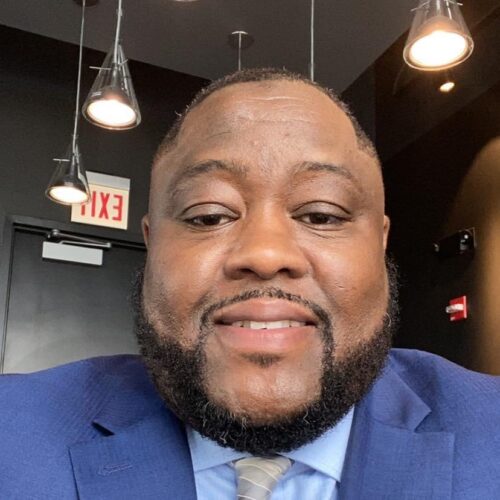
Terrance Foster
Terrance Foster is a dedicated advocate for societal change, focusing particularly on racial disparities and reconciliation. Terrance currently works at The Firehouse Community Arts Center where he works with young people as a Mentor (Alumni Coordinator & Housing Coordinator), he also Currently Serves at his church Lawndale Christian Community Church as Men’s Discipleship Pastor. Since 2012 Terrance has been dedicated to working and walking alongside men to do Soul Work (helping men take a deep look internally the help them find a new healing journey in life). He holds several certifications thru different organizations, The Crucible Project: Growth Group leader, trainer, Retreat Leader & Life Coach, Shadow Works: Basic Facilitation Training, CCDA: Trainer of the 8 Key Components, Northern Seminary: Certificate in the 8 Key Components of Christian Community Development and is currently pursuing a Master Degree in Arts in Christian Community Development.
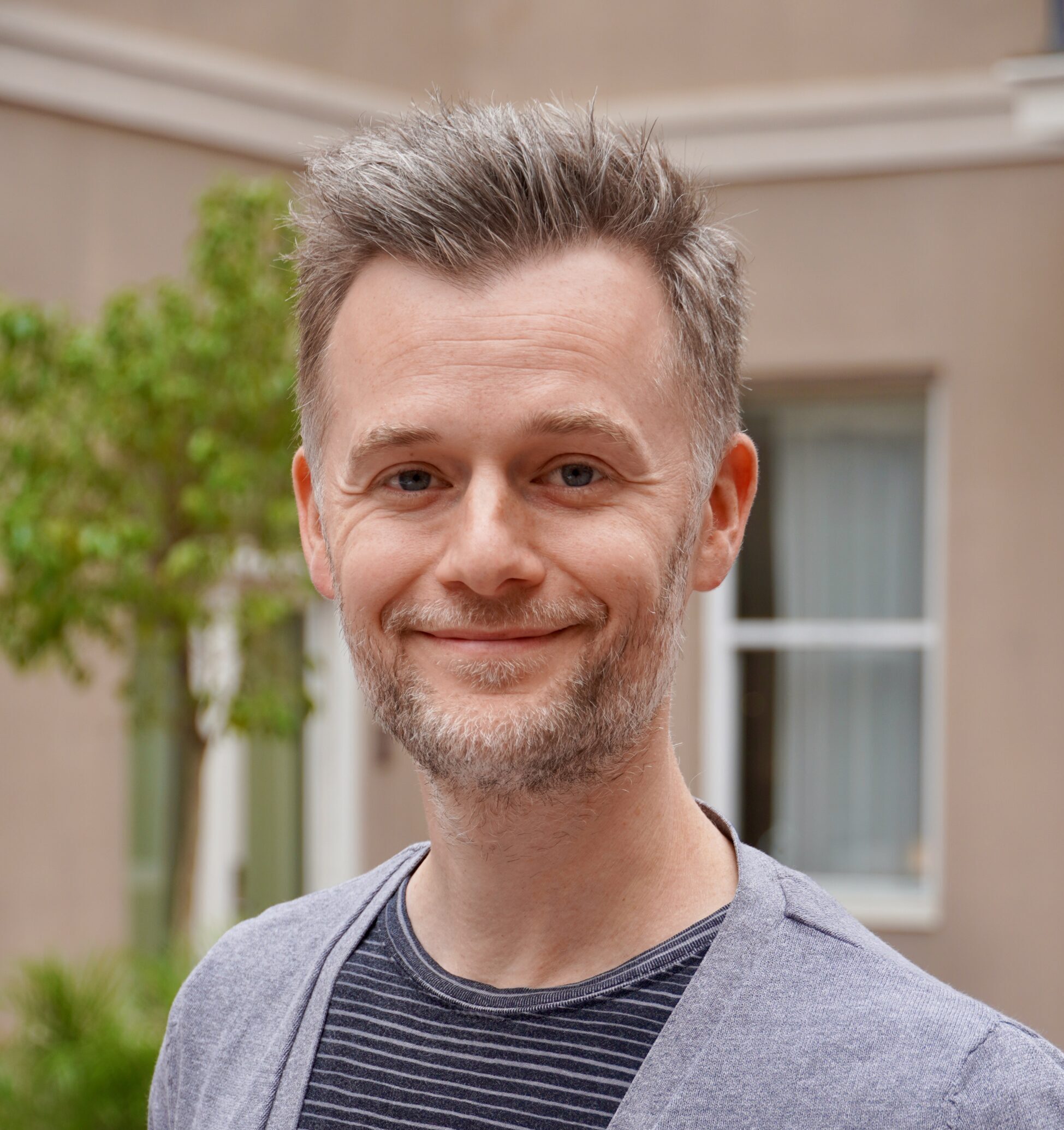
Sam Heath, Equal Justice USA (EJUSA) Evangelical Network Manager
Sam leads Equal Justice USA’s Evangelical Network. His faith background in Southern Baptist, Presbyterian, and now Anglican denominations enables him to tell stories about the realities of justice and injustice in America and hold together a view of the world as a place both exceptional and exploitative. He was a church elder in Charlottesville, VA for 6 years, where he still lives with his wife and three kids. Before coming on board with EJUSA in 2021, Sam taught high school history for 10 years in North Carolina and Virginia. He has a B.A. in education and psychology from the University of North Carolina Chapel Hill and a master’s in theology from the University of Virginia.
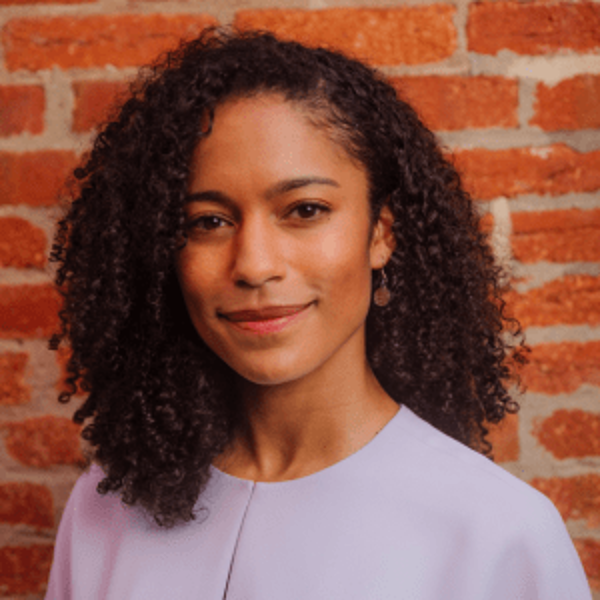
Erica Washington, Senior Restorative Justice Strategist
Erica has studied the American punishment system for more than a decade, with an interest in transformative models for addressing harm. Prior to joining EJUSA in 2023, she worked as a senior program associate for Impact Justice’s Restorative Justice
Project. Before that, she spent almost three years with the Center for Death Penalty Litigation defending people on death row in the American South and working to challenge the racialized dehumanization that sustains the capital punishment apparatus. Simultaneously, Erica helped to build and lead a restorative justice criminal diversion program in Durham, NC. Erica received her J.D. from New York University School of Law and a B.A. from the University of Virginia in political philosophy, public policy, and law; as well as African and African American studies.
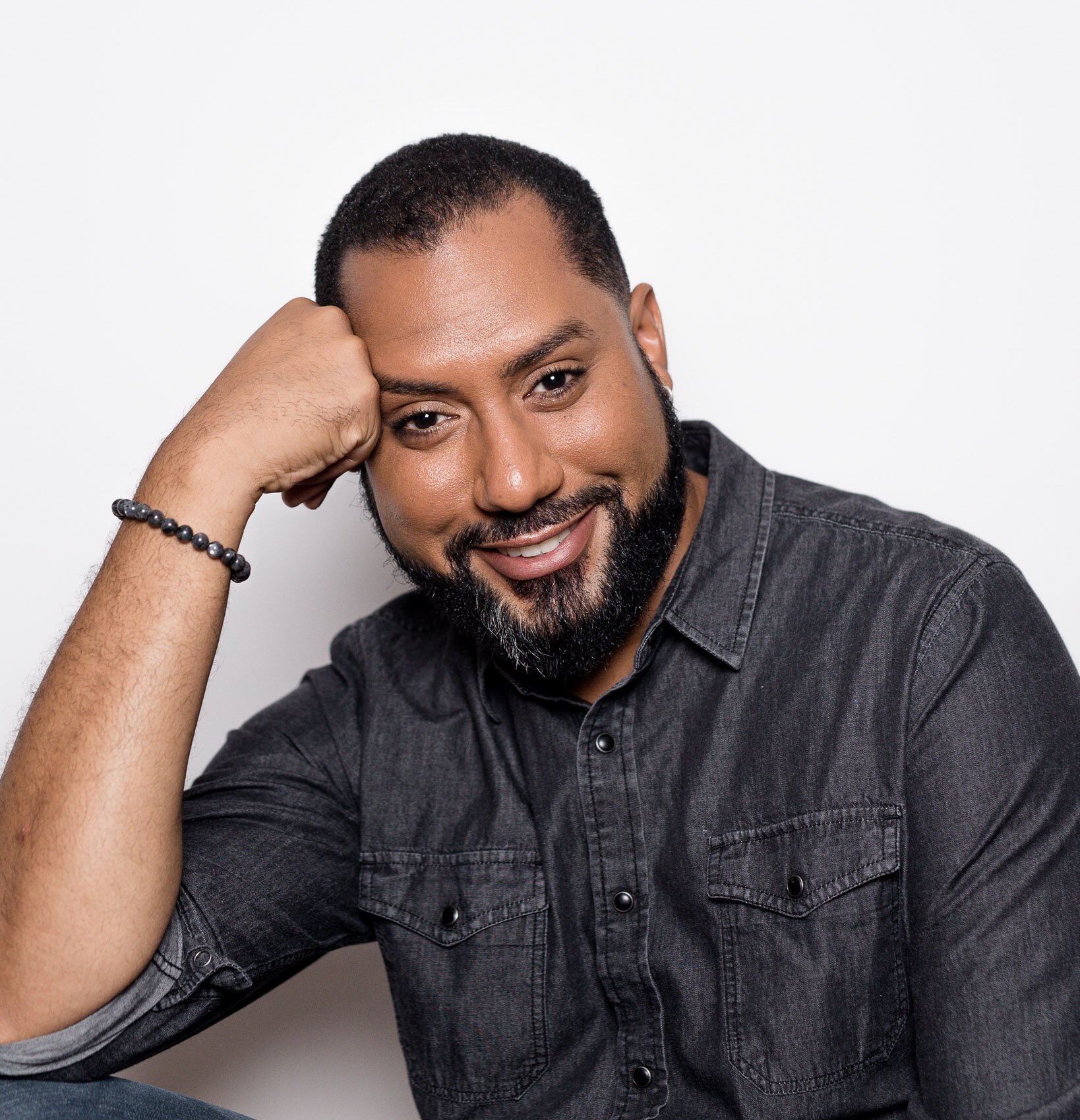
Rev. R.R. Tavárez
R.R. Tavárez is an artist, writer and speaker local to Grand Rapids, MI. He is an Afro-Latino of Dominican and Puerto Rican heritage, and proudly part of the Queer community. To his audience, he delivers a unique intersection of writing, visual art, and public speaking that reflect on race, gender, queerness, social justice, faith and doubt.
Seeing the needs for leadership skills and development in his community, Tavárez pursued an education that would allow him to invest those needed resources back into his neighborhood, and empowering others to do the same. After graduating high school, he went on to earn an Associate of Arts in Business Administration at Grand Rapids Community College. Following that, he earned a dual undergraduate degree at Kuyper College in Bible and International Business and Marketing, with a minor in Communications. Finally, he acquired an M.Div. from Calvin Theological Seminary with a concentration in Missions.
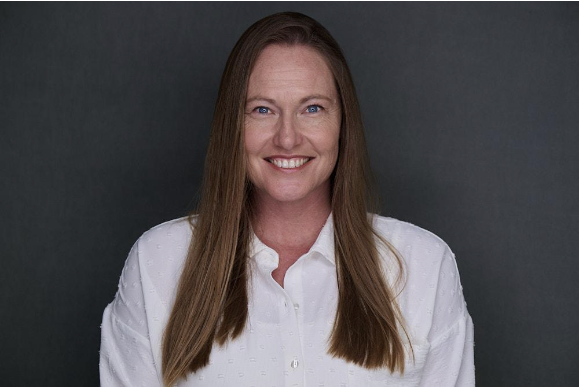
Heather Chapman
Heather is the co-Executive Director at Unidos South OC along with her partner John Chapman. She recently received masters degree from North Park Theological Seminary confirmed what her heart always knew: that God takes personally what happens on the margins. She combines this faith with her experience in nonprofit organizational development to cultivate a movement that shifts power and ignites hope.

Maritza Rebollar
Maritza is passionate about advocating for the vulnerable
and voiceless, for urban youth, immigrants, developing youth leadership and community empowerment. Over the past decade I have committed to serving youth ministry with Latinx/Genz students (11 to 18 yrs). As of 2022, working as a full-time Youth Director at Unidos South OC has enabled me to pursue my passion, achieve my goals, and make a positive impact in the community by consistently contributing to the lives of youth. I am a Certified Urban Youth Worker and First Aid Youth Mental Health mentor. I’m currently pursuing my Paralegal Certification to serve our immigrant community.
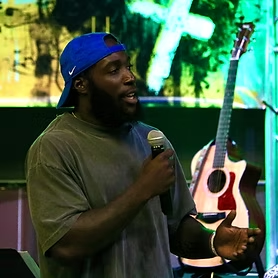
Turan De’Angelo Rush
Turan Rush is the founding Deputy Director and Chief Operations Officer of the Midian Leadership Project, and works to develop and implement Midian’s strategies for building and supporting the next generation of leaders. He was a captain of the football team at Eastern Michigan University, where he graduated in 2021, and holds a Masters Degree in Sports Science at West Virginia State University. Turan is passionate about education equity and criminal justice reform, and has brough his message of conviction and hope regarding faith, sports, education, and the school-to-prison pipleline to audiences across the country.
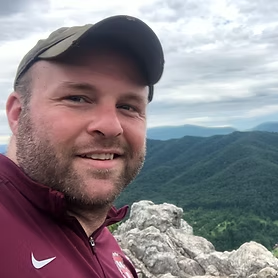
Rev. Dr. Jeff Biddle
Rev. Dr. Jeff Biddle, Jr. is the founding director of the Midian Leadership Project. He holds a BA in Ecomonics from Harvard University, an M.Div from Trinity Evangelical Divinity School, and his doctorate from Palmer Seminary, where his thesis focused on sports, faith and community leadership development among young people affected by the school-to-prison pipeline. He is the coauthor of Playing For The City: The Power of Sports for Christian Community Development.
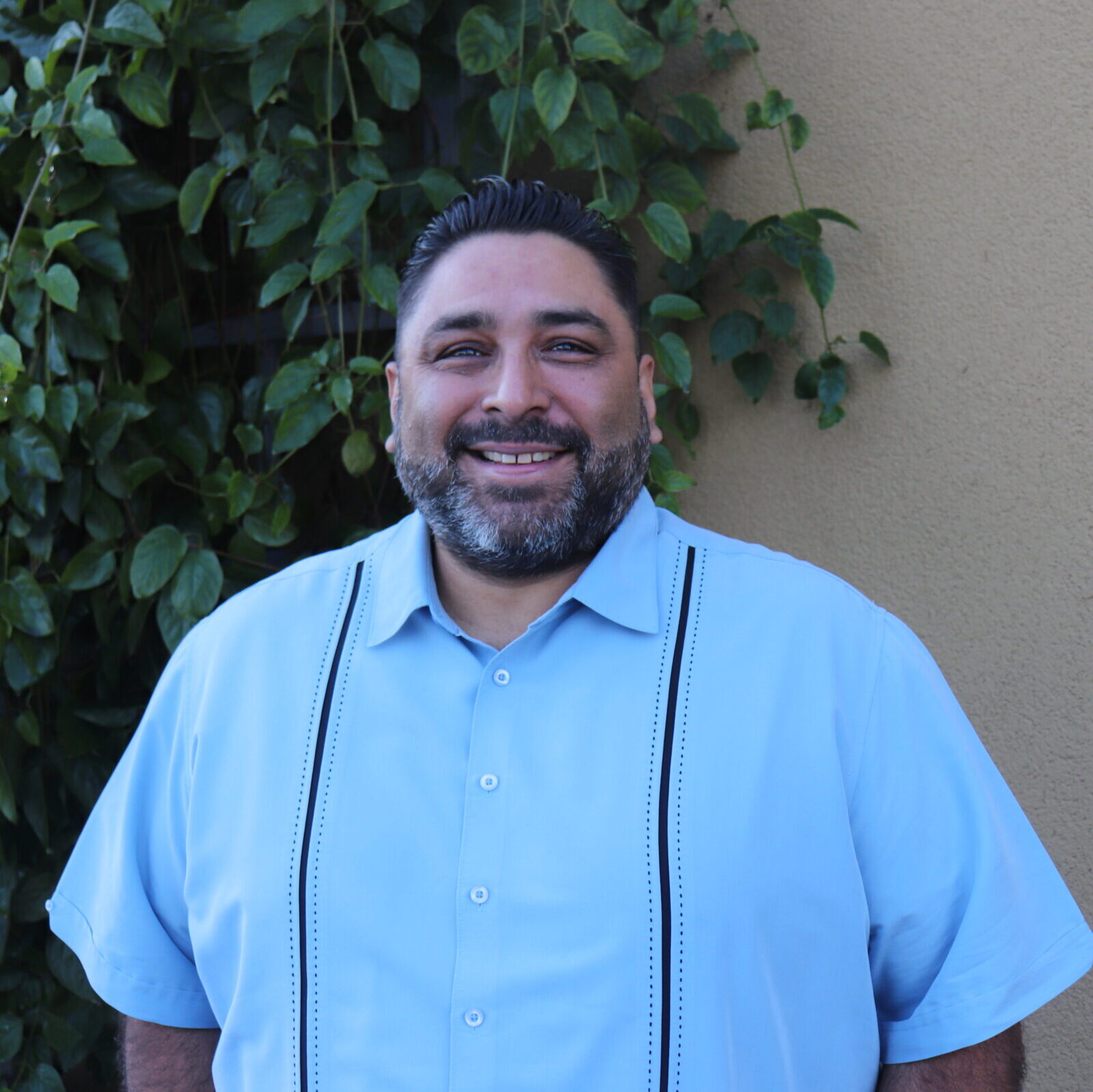
Gerardo Magaña
Gerardo Magaña is a CCDA National Leadership Cohort Alum and KidWorks Senior Director of Programs.
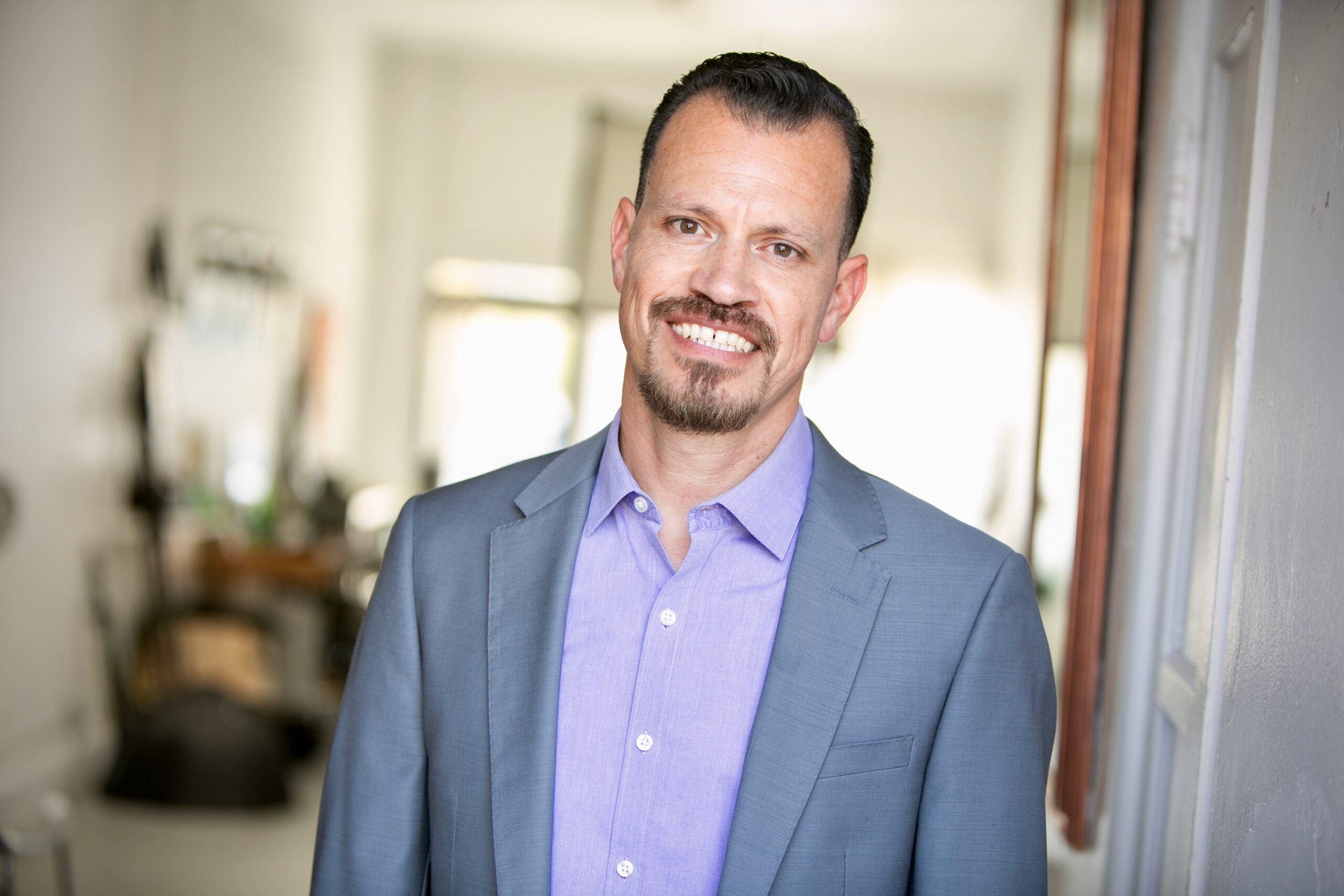
David Benavides
David Benavides is a long time CCD practitioner and Executive Director of KidWorks, a Santa Ana-based nonprofit that serves over 800 children, teens and parents through weekly programs and over 4,000 community members annually from multiple learning centers.
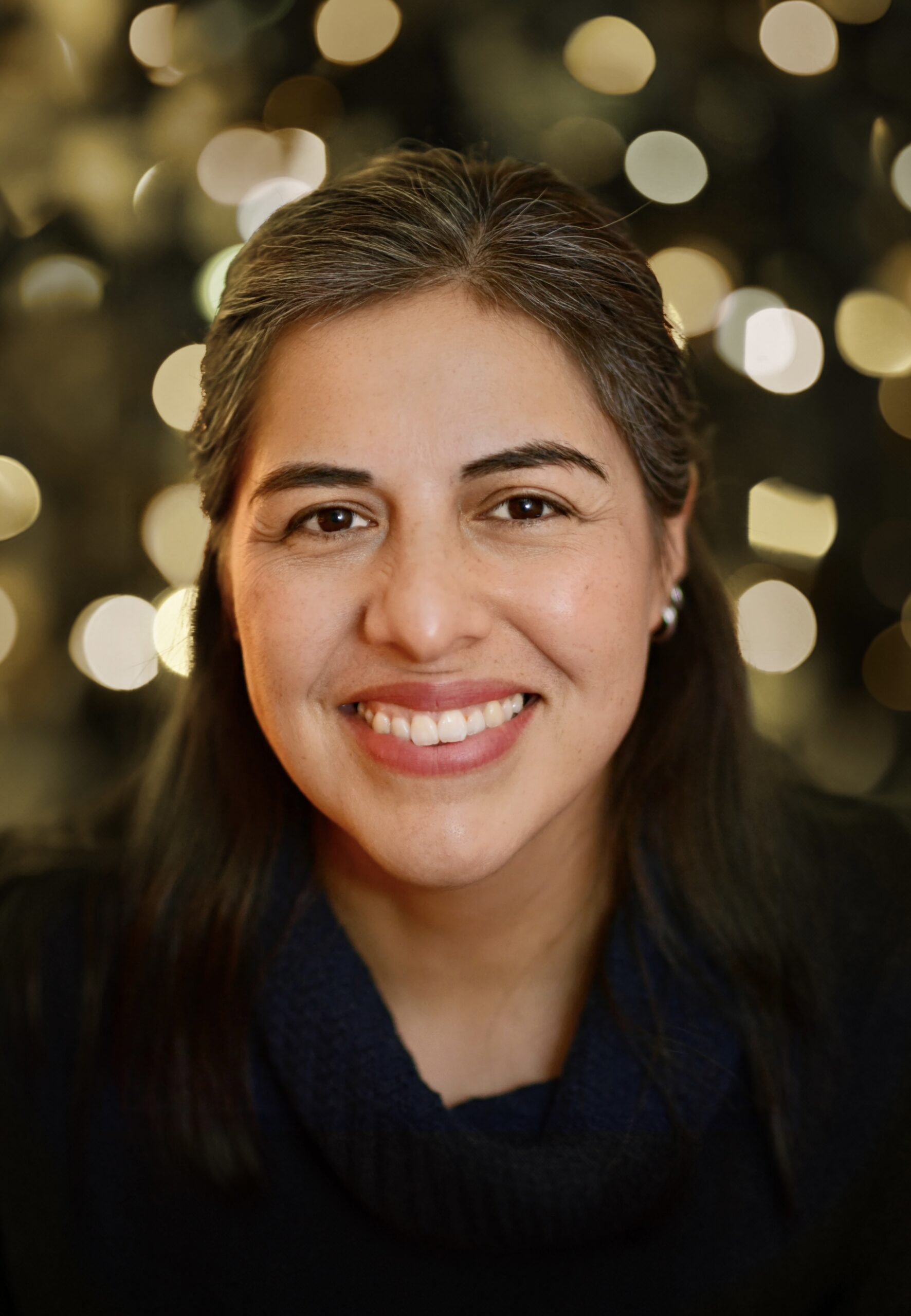
Adriana Gómez Schellhaas
Adriana Gómez Schellhaas was born and raised in El Paso, Texas and has called Alexandria, Virginia home since 2010. She has over 10 years of nonprofit leadership experience, four of which were spent as executive director of Casa Chirilagua, a faith-based nonprofit in Alexandria, Virginia. She has worked extensively with Central American immigrant individuals and families in leadership development and community flourishing. Her skills include listening, empathy, collaboration, and creativity. She was one of Alexandria’s and Northern Virginia’s 40 under 40 and a 2022 Washingtonian of the Year. Adriana is happily married, a mother of twins, and a trained musician.
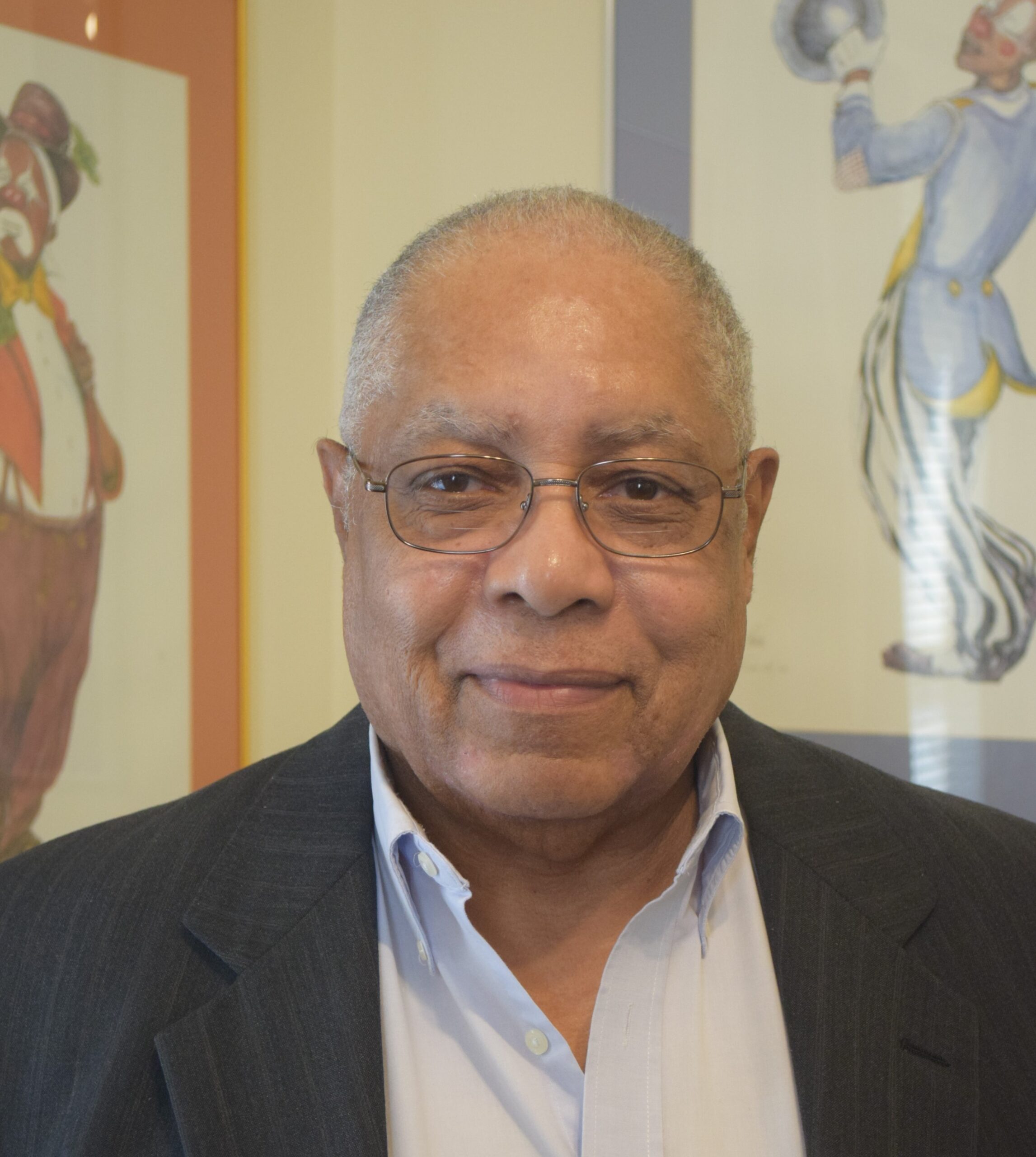
Charles Cheek
Born, raised and educated in the public schools in Newport News, Virginia. At an early age he assumed an activist role in addressing civil rights and world issues. During his teenage years, of activism, he was involved in voter registration campaigns, civil rights
demonstrations, international affairs camps and marches in Virginia, North Carolina and was at the March on Washington in 1963. His parents, at the urging of his grandfather the Rev. Gillis Cheek, allowed Charles (as a young teenager) to attend numerous political and world affairs camps and seminars in various venues on the Mid-Atlantic region. Charles was part of the first over 40 Cohort with the Christian Community Development Association (CCDA) which was a two year study commitment with faith based leaders from across the United States; serves as area coordinator for the Hampton Roads CCDA Local Network (https://ccda.org). Presently, Charles works with various youth organizations and churches in Hampton to develop sustainable programs in their neighborhoods and communities in his capacity as Pastor of Kingdom United Fellowship, a Marketplace Church plant in Hampton, Virginia. Its where we started the KUF Marketplace Resource Center that houses non-profit ministry partners under one roof to serve the community with resources that resulted from a community survey of needs and through listening sessions (on front porches).
FAQ
How do I register for classes?
Register for classes with a bundle or individually at ccda.org/events
What is included in the Philosophy & Community series?
- Eight classes of 1 hour sessions of facilitated learning and community building
- Go deeper and learn about CCD’s 8 Key Components
- The opportunity to bring to the table those hard questions and issues you are wrestling with CCD in your community
- Engage and meet new CCDA family to find solutions together
Who is this course for?
Anyone interested in going deeper in their CCD Philosophy understanding and expanding their CCDA family and community.
Other questions?
Contact Mary Beth at marybeth@ccda.org
Not a member? Join the CCDA Family
Membership has always been a way for us to accomplish our mission and vision. We want you to succeed in your work, so we created a structure that will sustain our work of strengthening individuals and organizations just like you. We are constantly striving to update and scale the resources available to our members so that you have the tools you need to complete the good work to which God has called you.

